Peace, Justice and Strong Institutions

Home » Peace, Justice and Strong Institutions » SDG 16 – Triumph of Diversity
SDG 16 – Triumph of Diversity
From afar, the war that Hamas launched against Israel can seem like a blur. Come closer and you’ll see the people: a diverse mosaic of humanity, joining hands to recover.
The Hamas rocket barrages that heralded the October 7 massacre continue incessantly, threatening the lives of Israelis from all walks of life: Arab, Jew, Bedouin, Christian, Druze. While the decimated agricultural communities have emptied, vulnerable civilians – perhaps overlooked abroad – are still being targeted in the south’s urban centers.
Who are they? Well, for starters, the majority of those residents originate from Muslim lands; many of their families were forced out of their homes against the backdrop of Israel’s war of independence (1947-1949). Generally considered working class, their socio-economic challenges have been exacerbated by the Hamas belligerency.
The largest of these communities is the small city of Sderot, founded in 1951 as a transit camp for immigrants and refugees from Kurdistan and Iran. Targeted by Hamas rockets for two decades now, it has long been a symbol of resilience against the terror group – which murdered dozens there on October 7. Sderot’s official socio-economic ranking stands at five (10 being the highest); the war will likely weaken that status further – particularly as most of its 30,000 have become refugees in their own country (at least 250,000 Israelis are estimated to be displaced); these include 531 new immigrants from Ethiopia (more than 1,500 immigrants have been evacuated from endangered areas).
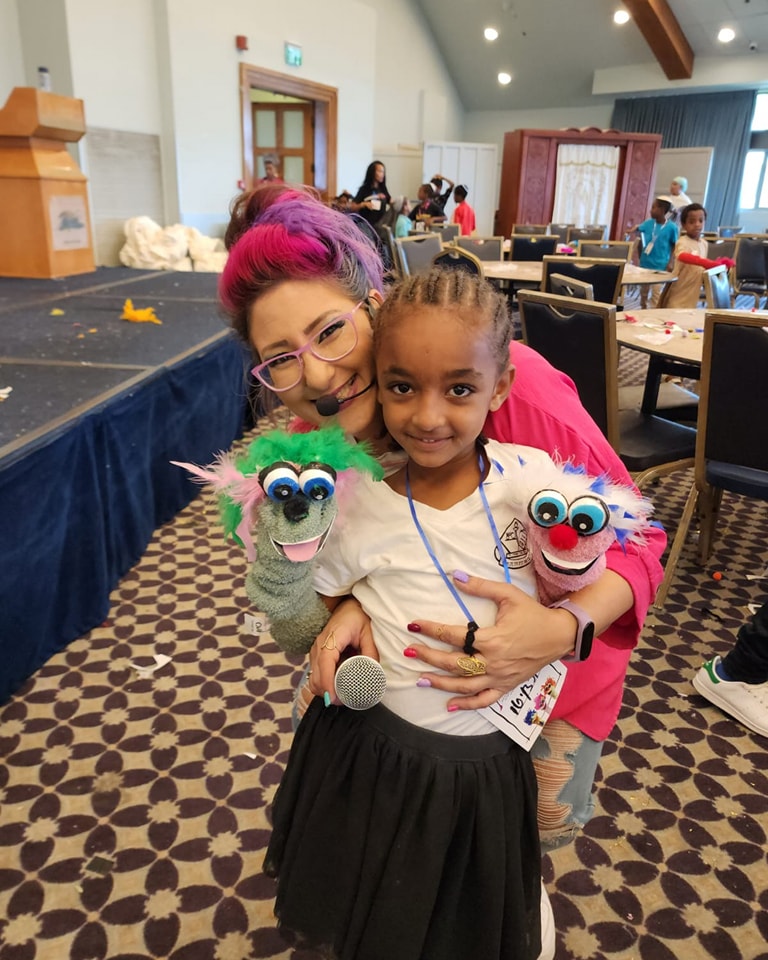

Another town in the area, Ofakim, was established in 1955 by immigrants from Morocco and Tunisia; it has a socio-economic ranking of three. Hamas massacred more than 50 of the town’s residents, who have been widely praised for their heroic battling of the terrorists – and also because of a 64-year-old pensioner resident – one of 14 children in an Iranian immigrant family – who together with her husband was held hostage for 15 hours, all the while keeping the terrorists placated with food and chit-chat until the security forces rescued them.
Many other towns in southern Israel have been targeted by Hamas rockets, of course, each telling a unique story. In one of them, 100 orphans who escaped the war in the Ukraine have once again been forced to flee – this time in their adopted home.
For their part, the agricultural communities made a special effort to foster economic and social ties with their Bedouin neighbors (also victimized by Hamas). That bond has defeated terrorism, as demonstrated by the bustling Arab-Jewish donation center assisting civilians in both populations, set up in the country’s only Bedouin city.
The presence of Holocaust survivors – including murdered Moshe Ridler, 91 – perhaps distinguished the agricultural communities most. But they were far from homogeneous.
Kibbutz Be’eri, for example, was founded in 1946 by the members of a socialist youth movement organization, joined soon after by immigrants who arrived by foot from Iraq. Its murdered residents included Dr. Marcel Frailich Kaplun, 64, from the Weizmann Institute, who immigrated to Israel from Morocco with her family at the age of three, the 13th of 14 children. Kibbutz Kfar Aza, (“Gaza village”) was established in 1951 by Jewish immigrants and refugees from Egypt and Morocco; Kibbutz Kissufim was also set up in 1951, by immigrants from the United States and South America.
Israel’s human tapestry – immigrants, old-timers, town dwellers, farmers, working class, comfortable, Arabs and Jews – has experienced the most unimaginable horror. Its diversity will triumph.
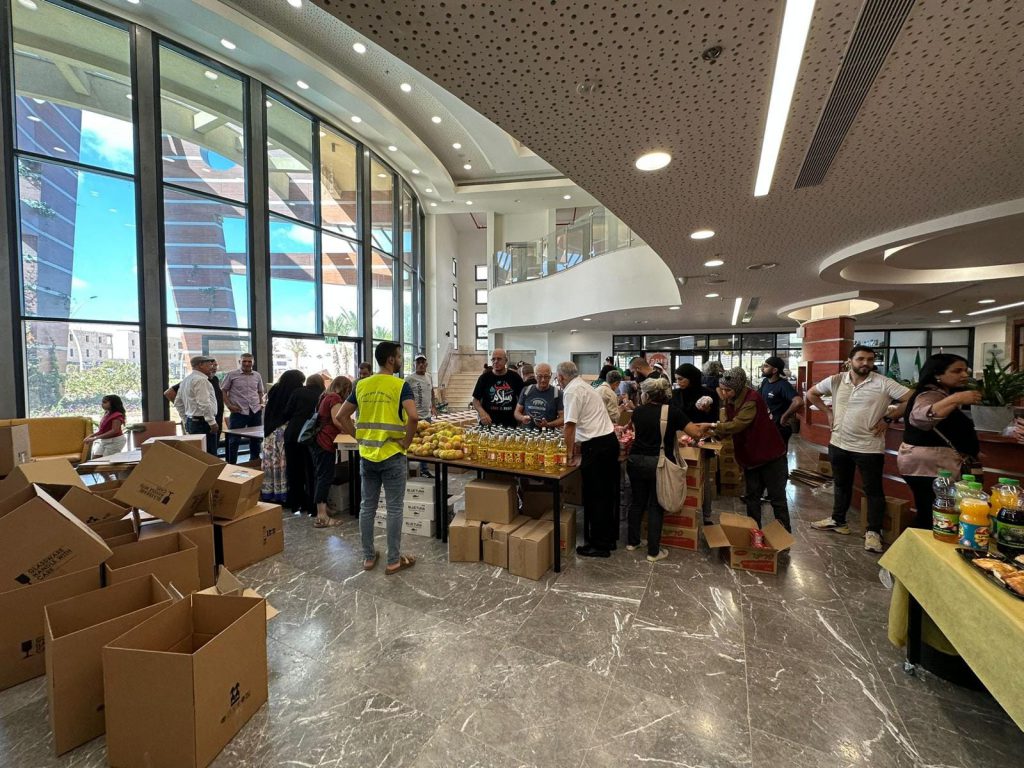

Related articles
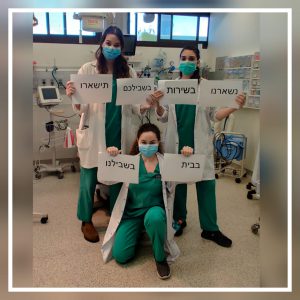

SDG 16-Civilian Service – Vital against Corona
Peace, Justice and Strong Institutions Read Part 2 Israel’s National-Civic Service stepped up when most needed during the first coronavirus wave. The current second wave
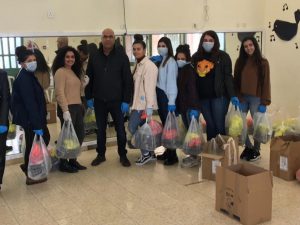

SDG 16-National-Civic Service – NGOs on the Ground
Peace, Justice and Strong Institutions The first part of this series focused on the role of Israel’s Authority for National-Civic Service, both in fighting the


SDG 16 – United Together
Peace, Justice and Strong Institutions Israel’s Social Equality Minister couldn’t have been clearer: “The Arab population has shown much solidarity and responsibility.” We’ve written extensively here


















